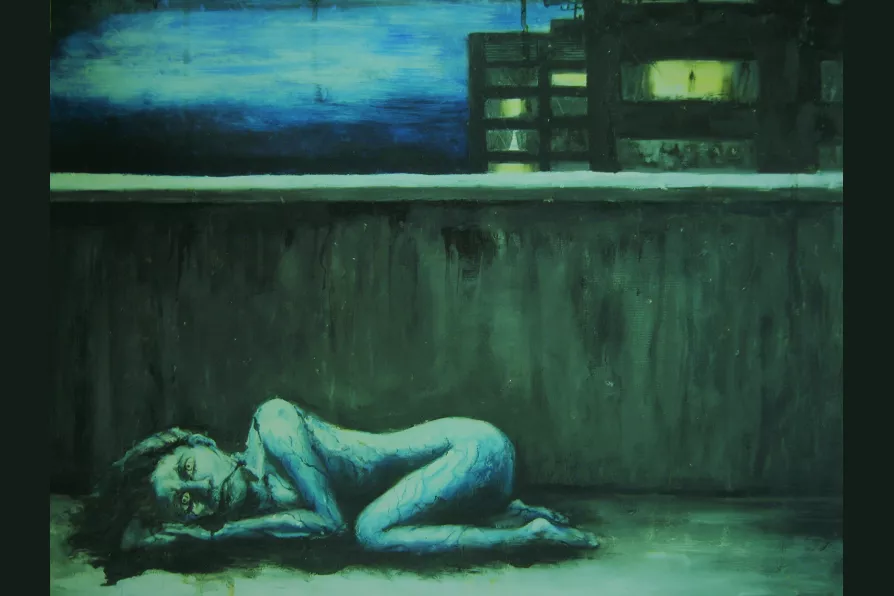The NEU kept children and teachers safe during the pandemic, yet we are disgracefully slandered by the politicians who have truly failed our children by not funding a proper education recovery programme — here’s what is needed, explains KEVIN COURTNEY

 [Pic: Suzzan Blac / suzzan-blac.webnode.com]
[Pic: Suzzan Blac / suzzan-blac.webnode.com] THERE are some discussions which run the risk of polarisation, when even the most thoughtful altruist picks a side, digs in and repels all other views.
Prostitution. How many books have been written, academic papers published and public debates held?
When did our solutions to this complex problem get reduced to two basic strategies: decriminalise the whole damn show, or criminalise the punters and profiteers?

LYNNE WALSH reports from the Women’s Declaration International conference on feminist struggles from Britain to the Far East

Caroline Darian, daughter of Gisele Pelicot, took part in a conversation with Afua Hirsch at London’s Royal Geographical Society. LYNNE WALSH reports

This year’s Bristol Radical History Festival focused on the persistent threats of racism, xenophobia and, of course, our radical collective resistance to it across Ireland and Britain, reports LYNNE WALSH

LYNNE WALSH previews the Bristol Radical History Conference this weekend














